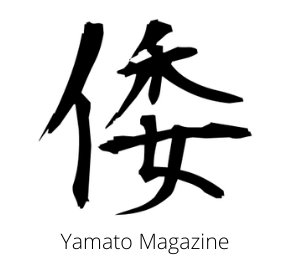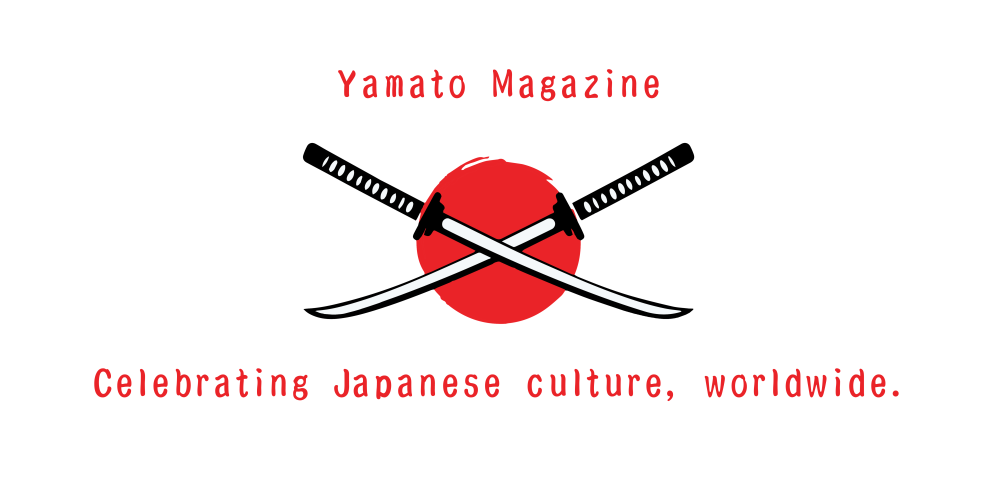
It’s 2015. Shoryu, a popular Japanese ramen chain, is opening in Manchester. I’m ready to find the meaning of life at the bottom of a bowl of ramen and when I walk through the door, I hear the phrase itadakimasu! and the banging of a drum. I don’t really think much of the word until the drum bangs again and I hear it repeated for the next customer. And the next customer. And the next customer.
Since then, I’ve been back to Shoryu several times and I continue to search for the meaning of a life at the bottom of every bowl of ramen. But it’s not the only thing that’s stuck with me. Itadakimasu is a word that captures a lot with a little, a proclamation of what Japanese food is or can be.
The spirituality of Japanese food
Itadakimasu translates to ‘I humbly receive’ and is said before eating food in Japan. It serves as a kind of prayer of thanks, a shout out to the universe for the food that is about to be enjoyed and how it’s appeared on the plate. And in one sense, Japanese food can certainly be interpreted as spiritual when viewed through the lens of giving thanks to a concept that goes deeper than just the physical ingredients that are going to be eaten.
On another level, itadakimasu shows appreciation for the hands that have shaped the meal. The time and energy that’s been placed into crafting the food that will sustain an individual or a family. And it’s a catch-all term that shows reverence for a simple one-course meal, to the complexity and dedication of a multi-course kaiseki banquet.
There’s also the link with Shitoism and the idea that every ingredient and object is a kami or kind of deity. Rice, fish and vegetables may be considered divine in the Shinto worldview and the wider theme of washoku and celebrating nature.
Demytholigising Japanese cuisine
We can look at itadakimasu in another way. As as a simple gesture stripped of all esoteric and spiritual ideals. Saying thank you is an every day thing that doesn’t have to have any divine intention behind it. If anything, it should be a given and I feel there’s a tendency in the West to sometimes get caught up in the romance of Japanese food without really understanding the context and traditions of different prefectures.
For example, in the UK, there’s been a major boom in Japanese restaurants over the past decade and many of them are ramen joints. While there’s a commercial decision at play here, there’s also the assumption that ramen is THE dish of Japan. It creates a narrow message and can potentially lead to people not wanting to try other dishes or be misinformed.
A UK restaurant that’s breaking down this misconception about Japanese food is Yane in Manchester. The owners have created a space that’s inspired by a Japanese ryokan and they’re keen to emphasise that an average family meal in Japan isn’t a bone broth that’s been simmered for 14 hours for ramen.
According to co-owner Duncan “96% of Japanese people eat rice, very few eat noodle dishes. It’s a misrepresentation that ramen is Japan’s comfort food. What you would make at home, you wouldn’t have mums and dads spending 18 hours making broths. They have rice, here’s a topping, and that’s the go-to. Japanese dishes are pigeonholed, sushi and ramen, where that accounts for maybe five percent of the entire cuisine. There are so many different styles – ‘kaiseki’ style, where you have course after course of tiny dishes, classic home cooking, called ichiju sansai, where you have three dishes and a soup.
“I want this place to be a proper representation of Japanese food culture, on the back of donburi and kare (Japanese style curry) dishes, and bring those real Japanese flavours in.”
The takeaway here is that it’s important to make an informed decision about Japanese food and not limit yourself to just one kind of meal. Itakadamisu is a gateway for exploring Japanese food in its multiple aspects – a source of nutrition, a spiritual celebration, a diverse set of ingredients that aren’t limited to a single place, a way to give thanks to nature and human ingenuity, a reminder to be humble and broaden your horizons through food.
Celebrate Japanese traditions with Japanese Fighting Heroes
Breaking down various myths about Japanese culture is a big part of my book Japanese Fighting Heroes.
In it, I explain the myth of the samurai, the tradition of sake and Japanese drinks etc. And so much more.

